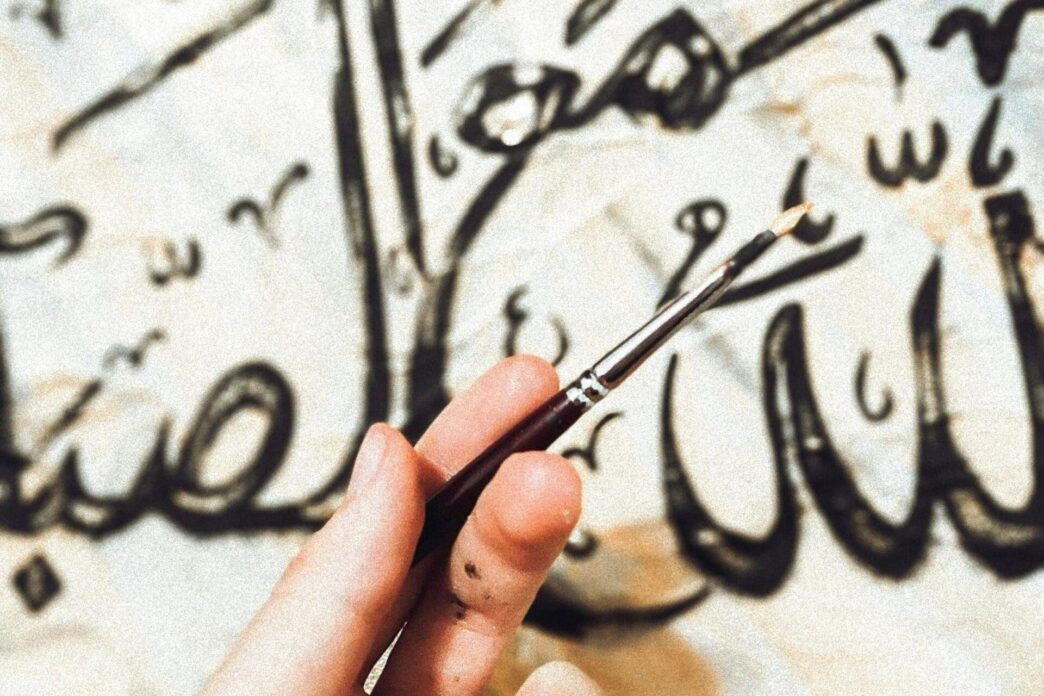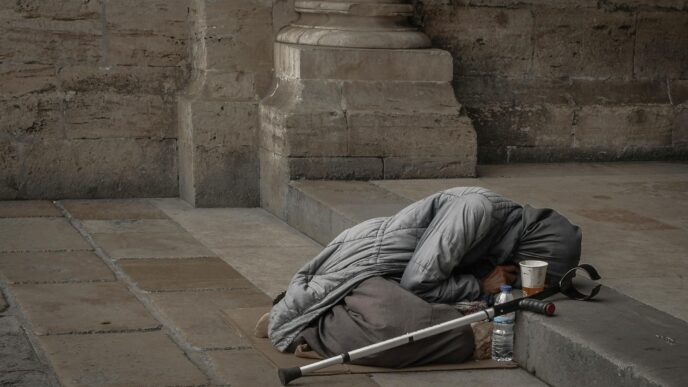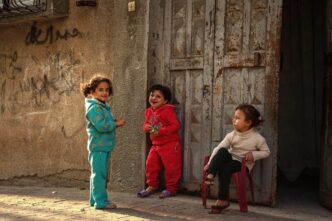Humanitarianism is not just a moral virtue; it is a necessity in a world where millions face conflict, poverty, displacement, and environmental crises. Yet, in Islam, humanitarian action is not merely an ethical choice—it is a divine command.
The Quran declares:
“Whoever saves a life, it is as if they have saved all of humanity.” (Quran 5:32)
This verse carries profound moral weight, calling upon individuals and societies to uphold compassion, justice, and collective responsibility. It establishes the universal value of human life and reminds us that even a single act of kindness can have far-reaching consequences.
In today’s world, where the need for relief and sustainable development is growing, how can we truly embody this Quranic principle? What role do Islamic teachings, charitable institutions, and everyday individuals play in responding to global humanitarian challenges?
This article explores the Quranic and Prophetic foundations of humanitarianism, the impact of Islamic charities, and the opportunities to strengthen humanitarian efforts through faith-driven initiatives.
The Quranic Ethos of Humanitarianism: A Blueprint for Action
Compassion, Justice, and Collective Responsibility
The Quran lays out a clear framework for humanitarianism, emphasizing three key principles:
- Mercy (Rahma) – A deep sense of compassion for all people, transcending race, religion, and nationality.
- Justice (Adl) – Ensuring fairness and equity in addressing poverty, oppression, and inequality.
- Collective Duty (Fard Kifayah) – When a community faces hardship, it becomes a shared responsibility to offer support.
Islam teaches that prayer, charity, and social justice are interconnected. The Quran states:
“And establish prayer and give zakat, and whatever good you put forward for yourselves—you will find it with Allah.” (Quran 2:110)
This verse reminds us that faith must be coupled with action—true devotion is reflected in service to humanity.
A Universal Message
The verse “Whoever saves a life…” is not restricted to Muslims alone. It applies to all people, reinforcing the idea that humanitarianism should transcend divisions. Similar teachings exist in other religious traditions, such as:
- Christianity: “Love your neighbor as yourself.” (Mark 12:31)
- Judaism: “Whoever saves a life, it is considered as if they saved an entire world.” (Mishnah Sanhedrin 4:5)
These shared values present an opportunity for interfaith collaboration in humanitarian efforts, strengthening the global response to crises.
Prophetic Humanitarianism: A Model for Service
The life of Prophet Muhammad (PBUH) offers a comprehensive model for humanitarian work. His actions emphasized compassion, social justice, and economic empowerment.
- Caring for Orphans: “The one who cares for an orphan will be with me in Paradise like this.” (Bukhari, 5304)
- Supporting Workers: “Give the worker his wages before his sweat dries.” (Ibn Majah, 2443)
- Feeding the Hungry: Ensuring that no person in his community went without food.
- Challenging Injustice: Advocating for fair wages, ethical business practices, and protection of the vulnerable.
The Prophet’s humanitarian efforts extended to all people, regardless of their faith or social status. His legacy continues to inspire modern humanitarian efforts, particularly those led by Muslim charities and organizations.
Islamic Humanitarianism in Action
Muslim Charities Responding to Global Needs
Muslim humanitarian organizations have played a significant role in providing emergency relief, poverty alleviation, and sustainable development. Some notable efforts include:
- Islamic Relief – Operating in over 40 countries, providing food, shelter, and medical assistance.
- The Turkish Red Crescent (Kızılay) – Supporting disaster relief efforts and refugee aid.
- Muslim Hands and Penny Appeal – Running education, clean water, and livelihood programs in underserved communities.
These organizations are not only responding to crises but also implementing long-term solutions that promote self-sufficiency and dignity.
Zakat and Sadaqah: A Culture of Giving
Islam institutionalizes charitable giving through:
- Zakat (Obligatory Charity) – A portion of wealth redistributed annually to help the needy.
- Sadaqah (Voluntary Charity) – Contributions made freely to humanitarian causes.
- Waqf (Endowment System) – A sustainable model funding education, healthcare, and social services.
Studies suggest that global Zakat contributions exceed $500 billion annually, making Islamic philanthropy a key driver of humanitarian aid. However, there remains potential to expand its impact through strategic planning and sustainable development initiatives.
Challenges and Opportunities for Growth
Addressing Financial and Structural Barriers
Despite their contributions, Muslim charities sometimes face difficulties in accessing funding, navigating regulations, and combating misperceptions. In some cases, restrictions on financial transactions have made it challenging for humanitarian organizations to deliver aid efficiently.
To address these challenges, there is a need for:
- Greater financial transparency and strategic planning within charitable institutions.
- Advocacy for fair treatment of all humanitarian organizations, ensuring that aid is not politicized.
- Stronger partnerships between Islamic charities and international aid organizations to amplify impact.
Encouraging Long-Term, Sustainable Giving
While immediate relief efforts are essential, humanitarian aid must also focus on sustainable development. Efforts can be strengthened by:
- Investing in education, vocational training, and economic empowerment programs.
- Expanding Waqf-based initiatives to support long-term projects.
- Encouraging year-round charitable giving, rather than seasonal donations concentrated during Ramadan.
By incorporating strategic planning and innovation, humanitarian organizations can enhance their effectiveness and reach more people in need.
The Modern Relevance of the Verse: A Call to Action
The message of Quran 5:32 remains profoundly relevant in today’s world, where conflict, climate change, and economic disparity continue to impact millions.
Individual and Community Involvement
- Volunteering – Supporting local and global humanitarian efforts.
- Advocating for justice – Raising awareness on issues such as refugee rights, poverty, and access to education.
- Strengthening community support systems – Creating networks that assist those in need, both locally and internationally.
Interfaith and Cross-Cultural Collaboration
The Quranic principle of saving lives applies universally. Muslim-led humanitarian efforts can and should work alongside secular and interfaith organizations to:
- Address global food insecurity and healthcare access.
- Respond to disaster relief and refugee crises.
- Develop long-term initiatives for sustainable development.
Collaboration enhances effectiveness, impact, and outreach, demonstrating that Islamic humanitarian values align with global efforts to uplift humanity.
Conclusion: Transforming Compassion into Action
The Quranic call to humanitarianism is not just an abstract principle—it is a call to action. It urges us to:
- Respond to human suffering with urgency and sincerity.
- Uphold justice and fairness in distributing aid.
- Ensure that our giving is not just reactive, but sustainable and transformative.
By embracing the spirit of Quran 5:32, Muslim humanitarian efforts can continue to lead with compassion, justice, and innovation, ensuring that those in need are not just supported, but empowered.
Now is the time to translate faith into action, and intention into impact—because in saving a life, we reaffirm the dignity of all of humanity.










